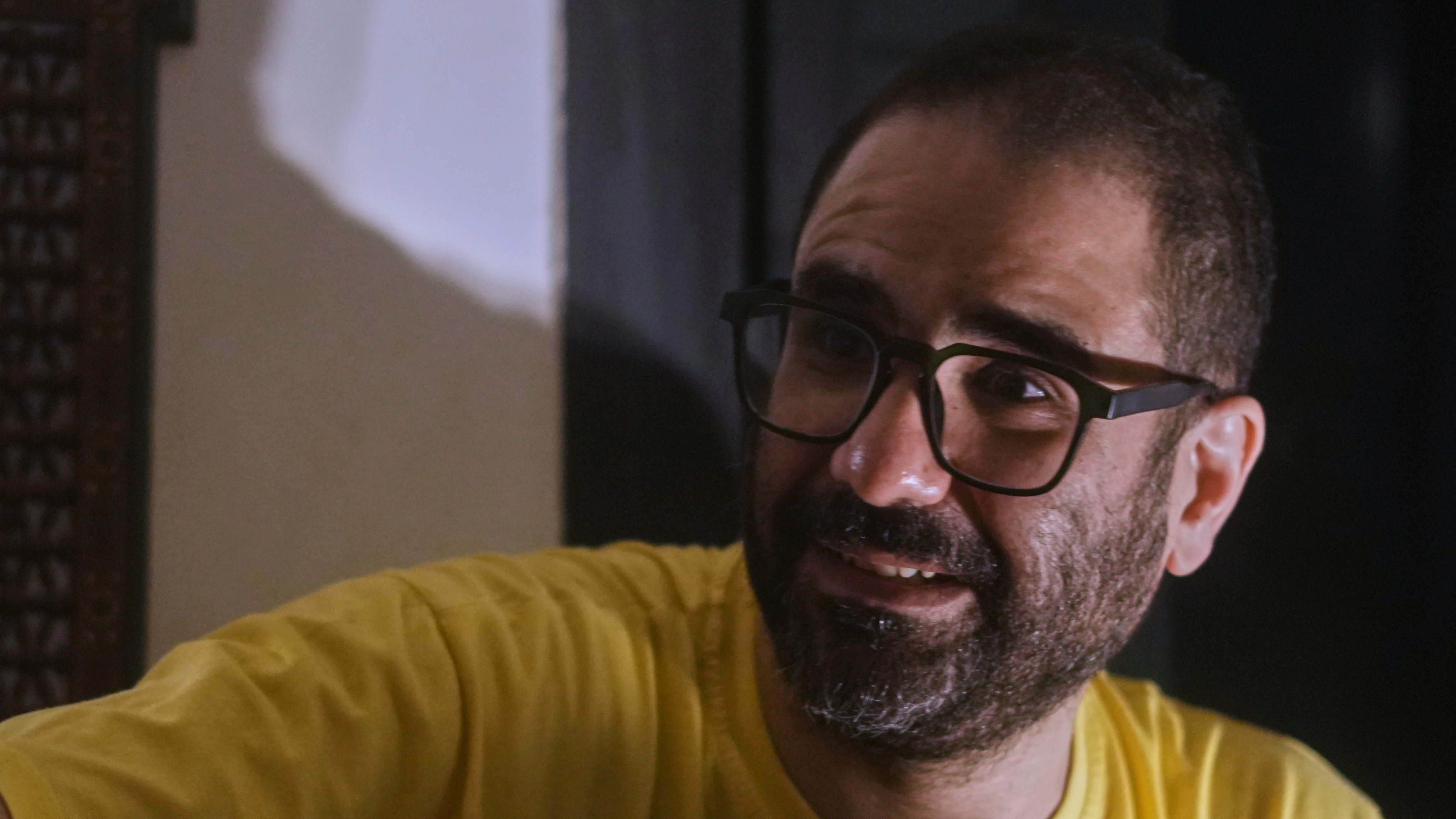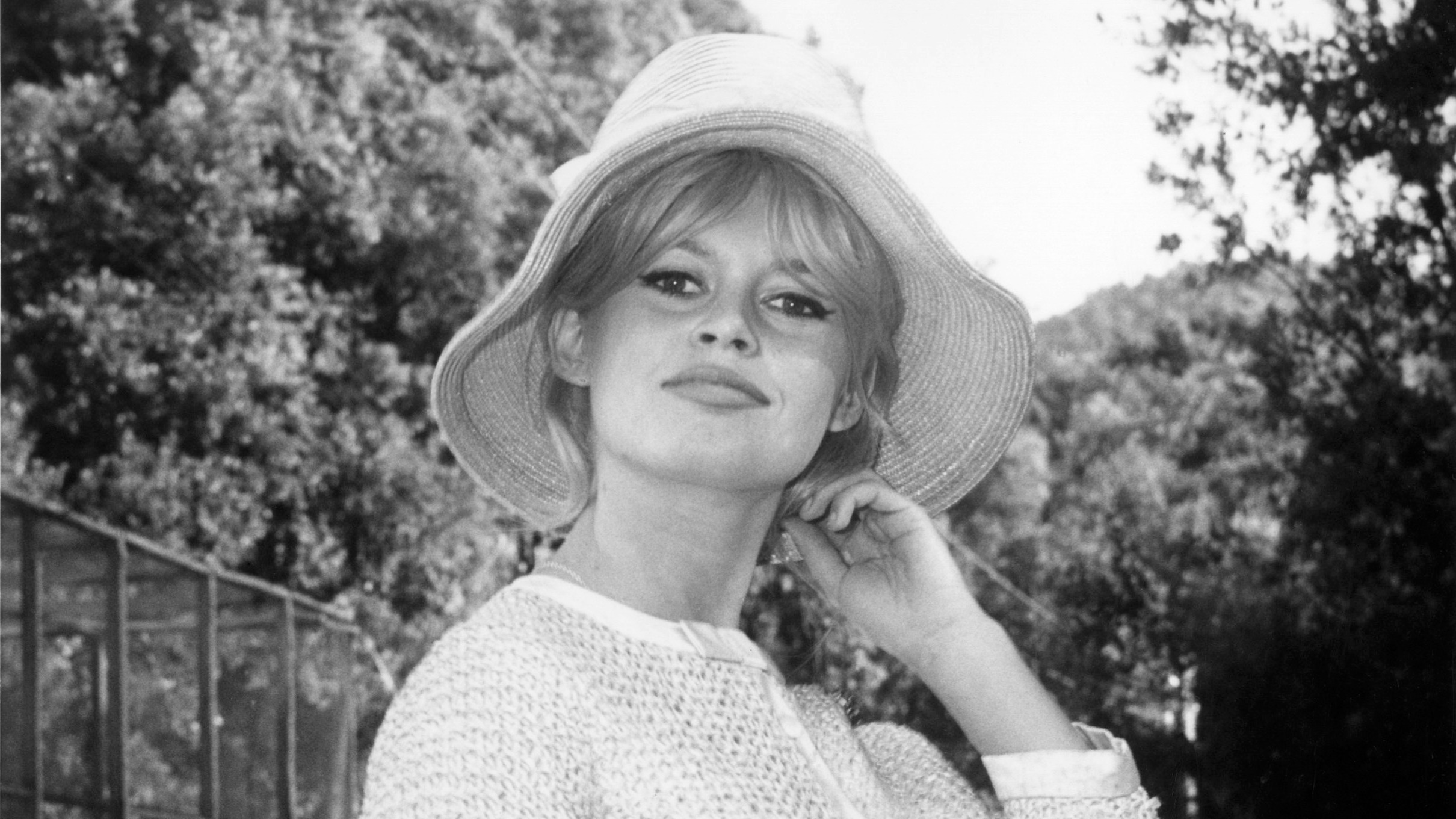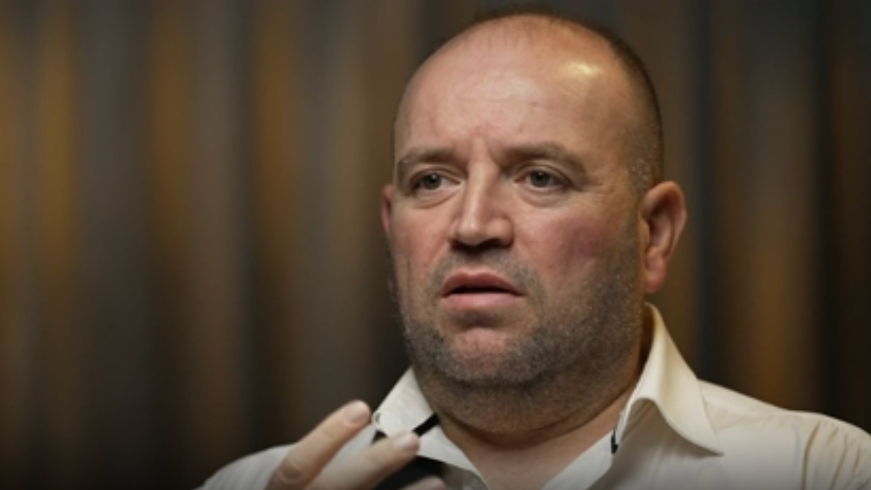The festive season brings with it the return of work Christmas parties, with many offices going large in 2022 following two years of Covid-impacted events.
As staff let loose, bosses unwind, and the merriment ensues – what are the rules around conduct and behaviour at Christmas work events, and what happens if things go wrong?
Can you get sacked for being too drunk?
While over-indulging is not in itself a sackable offence, the consequences for behaviour arising from overdoing it could lead to a disciplinary.
An officially organised Christmas party is considered as an extension of the workplace, according to Bournemouth law firm Frettens Solicitors.
That means your employer has the same legal duty to keep you safe as they do in your place of work, and so there may be grounds for a claim if you’re injured at a Christmas party and it wasn’t your fault.
The obligation works both ways, however, and staff members are also expected to maintain the same standards of behaviour as in the workplace.
That means if being drunk leads to being disorderly, then your behaviour could land you up in a disciplinary process which could see you sacked.
Your employer would have to follow the same procedures as if the misdemeanour had occurred in your place of work.
What if things escalate beyond the official party?
Employment lawyers suggest companies keep their distance from unofficial after parties so as not to be liable for what might happen there.
Frettens points to a Court of Appeal case in 2018, Bellman v Northampton Recruitment Ltd.
Following a work party, the managing director organised taxis to a hotel where the celebrations continued – mostly funded by the company.
A fight broke out and Mr Bellman was punched by the MD, leaving him with serious brain damage.
The Court of Appeal ruled the MD was a senior employee, the argument was work related, and the party was a follow-on to the work event.
It ruled the company was, therefore, vicariously liable for the injury.

Will I be told off for not coming into work the next day?
When it comes to the morning after, usual terms of sick leave apply.
If you fail to turn up for work with no explanation or warning, your employer could treat it as an unauthorised absence and may start a disciplinary.
Staff are, however, entitled to a sick day if they are sick.
If you follow the proper procedure for calling in sick to work, most employers would leave it at that.
While companies can investigate if they believe an employee isn’t really ill, the firm would have to prove the sick day wasn’t genuine and that can be a lengthy, drawn-out process.
Follow STV News on WhatsApp
Scan the QR code on your mobile device for all the latest news from around the country




























